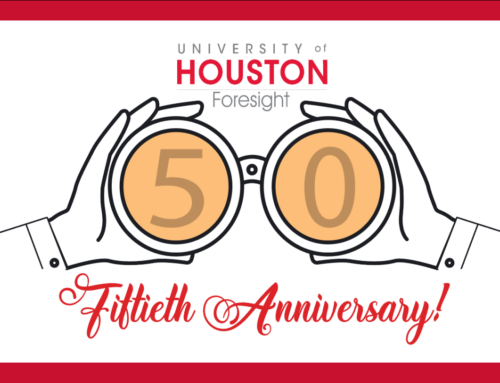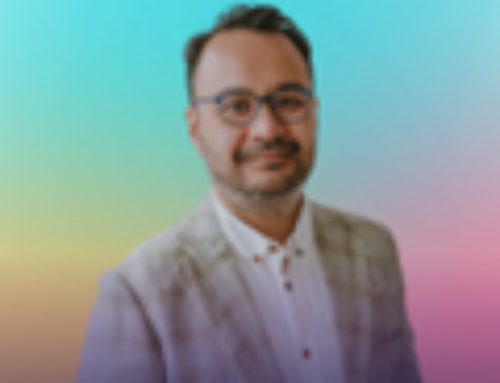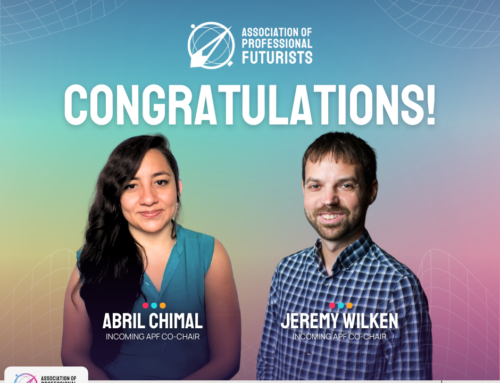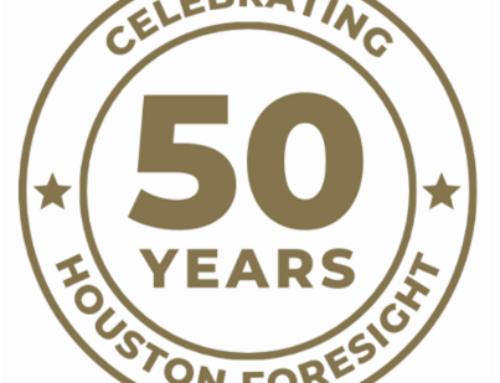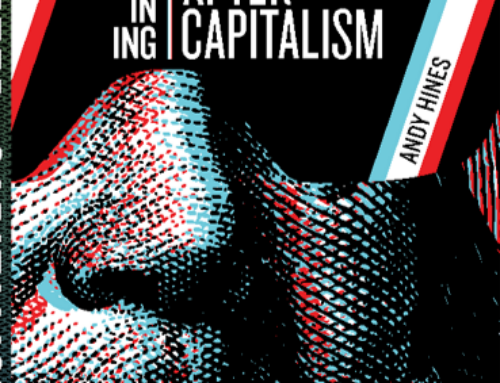Reversing global warming with livestock?: Seth Itzkanat TEDxSomerville
Interview with Seth Itzkanat
How did you hear about Future Studies?
I discovered the UHCL Future Studies program at a WFS General Assembly in Washington DC. Dr. Peter Bishop and students had a table setup. I had never before heard of Future Studies as a degreed program and knew immediately that this was the masters option that was right for me. I had a bachelor degree in engineering and was fascinating by the future prospects of technology, but wasn’t interested in an advanced technology degree. I was interested in human impacts of technology, but not really so interested in the typically social sciences approach. I was also interested in teaching and even thinking of getting a teaching certificate. Yet, none of those on their own sufficed. I had been aware of the Futures field since my undergraduate days in college, and often thought of myself as a futurist, but never knew there was a degree program. Discovering that program was actually a huge relief. Suddenly the confusion was gone. My next move for higher education was clear.
Why did you decide to go into the field?
I never really decided to “go into” Future Studies, rather, I have always just been innately aware that I was a futurist. I knew this even before I was aware that there even was such a field. It’s just who I am. I approached it through a technology back ground, as I suppose many have, perhaps only because technology has often been so associated with “the future”, and my father was a physicist and engineer so that path was sort of encouraged for me. But, I realize now that my earliest thoughts about the future had nothing to do with technology, and much more to do with evolution and the arch of humanity. You might have thought that I would have been interested in biology and genetics, or even history, for that matter, but I hated all those things. Way too gooey. Technology was an easier method for me to express ideas and create experiences that “evolved consciousness”, and helped network people, building what was then called a “global brain”. I have subsequently come to have more of an ecological perspective on the future, but I still see technology as an enabler, though I’m am no longer as enamored with the glitz. What I love about Future Studies is the ability to help people to be inspired and empowered about prospects and opportunities. That’s what always made it appealing to me, and that’s what I try to also facilitate.
What was your most memorable take-away from the program?
The fact of its existence is itself profound. I feel better just knowing that that program is there. There are so many memorable aspects, it’s seems unfair to have to choose one, but I would say that the Classic Texts course really had a profound effect on me. All of those books were life changing, and I guess top among them is Last and First Men by Olaf Stapledon. Getting exposed to that book was itself almost worth the price of admission. I was also profoundly effected by the Systems course.
I would just like to add that a memorable takeaway was the tutelage of Dr. Peter Bishop that still exists to this day. Our approach isn’t exactly the same, but he’s always encouraged my uniqueness, and I really appreciate that. He is not someone who draws attention to himself, as so many in the field seem to do. He’s legacy is in the decades worth of students who have graduated and gone on to do great work.

